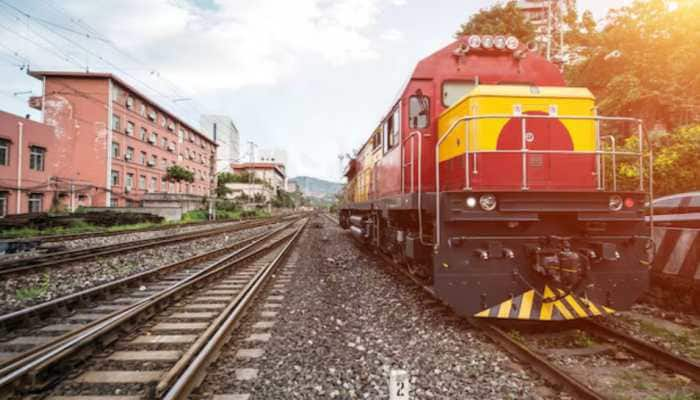SIAM tears into BS 6 norms draft for being 'diluted'
"BS VI fuel norms announced in the draft notification have been highly diluted as compared to Euro VI norms in Europe and take India back to BS II fuel level of specifications which were prevalent in 2000," Society of Indian Automobile Manufacturers (SIAM) Director General Vishnu Mathur.
Trending Photos
)
New Delhi: Automobile industry body SIAM has criticised the BS VI fuel standards announced in the draft notification by Ministry of Road Transport and Highways, terming them as 'highly diluted', which will take India back by 16 years to the BS II level.
Besides picking on critical fuel characteristics such as octane number and density prescribed for BS VI that are 'inferior' to Euro VI norms, SIAM alleged the draft seeks to allow supply of "even further downgraded fuel in the North East region till 2023".
This is contrary to the assurance of supplying BS VI fuel across India by 2020, it added.
"BS VI fuel norms announced in the draft notification have been highly diluted as compared to Euro VI norms in Europe and take India back to BS II fuel level of specifications which were prevalent in 2000," Society of Indian Automobile Manufacturers (SIAM) Director General Vishnu Mathur.
The auto body also demanded "exactly the same BS VI fuel as per Euro 6 fuel standards prevalent in Europe if it has to meet the BS VI norms for vehicles", saying "this requirement for the country should be non-negotiable".
SIAM said in the proposed BS VI norms, Research Octane Number (RON) for regular petrol has been set at 91 while the same in Euro VI is 95. Likewise, the motor octane number (MON) for BS VI is 81 while in Euro VI it is 85.
"Lower octane number of fuel will lead to lower fuel efficiency of vehicles and overall combustion," Mathur said.
An octane number is a measure of the ignition quality of a fuel with higher the number, less it is susceptible to 'knocking' or self igniting.
SIAM said for diesel fuel, key parameters like the '95 percent recovery' and 'density' have been compromised.
"This would directly impact the emissions and lead to increase in particulate matter (PM), a known carcinogenic, and Oxides of Nitrogen (NOx) leading to secondary particulate matter and smog," he said.
Mathur further said the higher limits for polycyclic aromatic hydrocarbon at 11 for BS VI compared to 8 for Euro VI diesel will lead to higher carcinogenicity potential.
On the proposal in the draft notification to relax standards of fuel to be supplied to North East India, he said: "This is also contrary to the Ministry of Petroleum's earlier submission that they would supply Euro VI fuel by April 2020, based upon which BS VI norms for vehicles have now been mandated for the auto industry by 2020."
Stay informed on all the latest news, real-time breaking news updates, and follow all the important headlines in india news and world News on Zee News.
Live Tv







)
)
)
)
)
)
)
)
)
)
